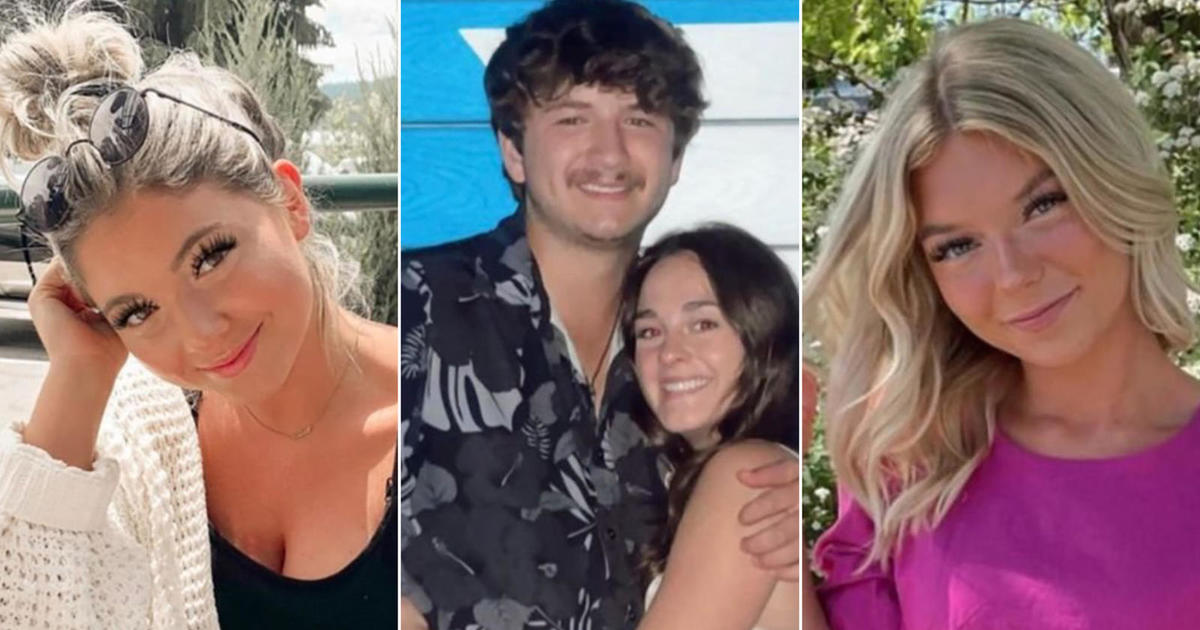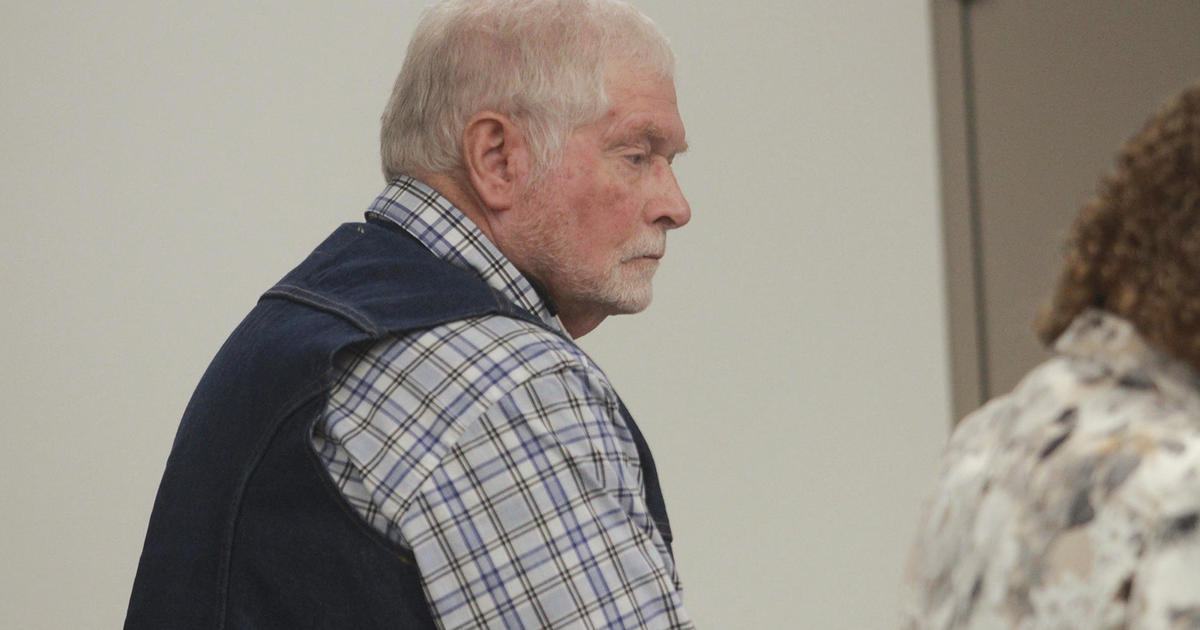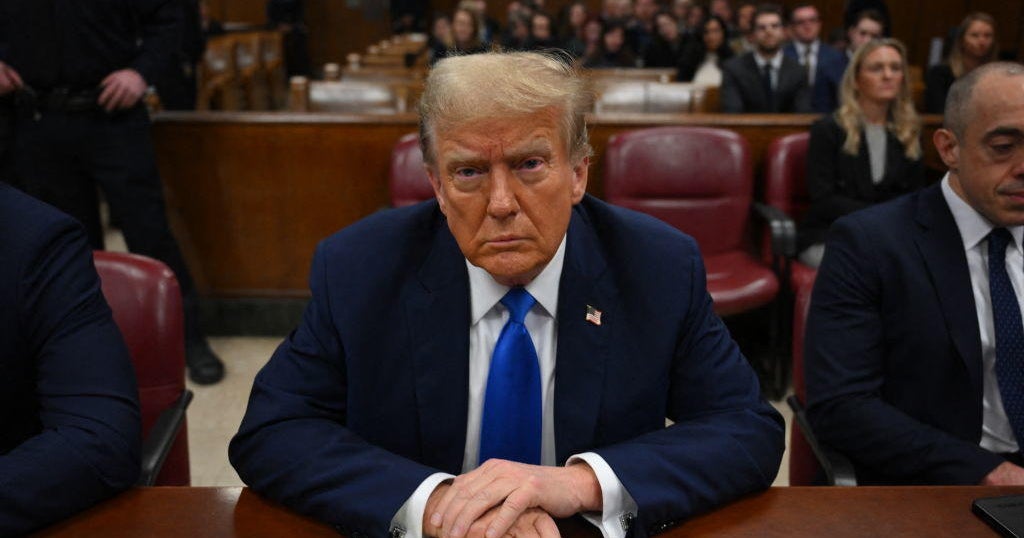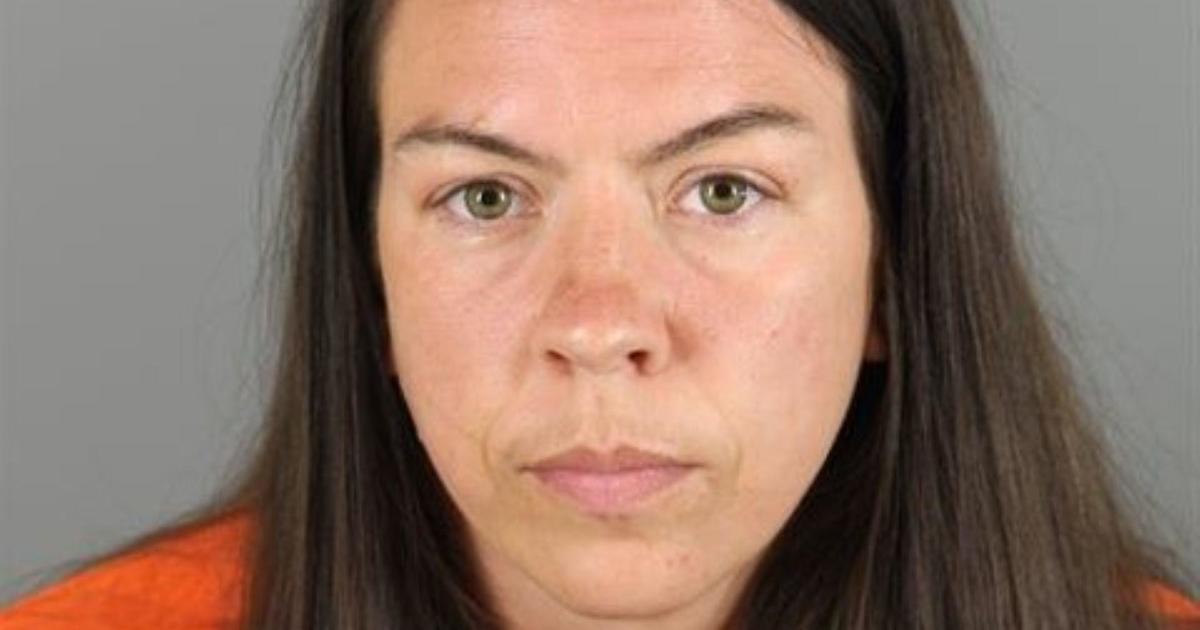Kentucky's AG says witness heard officers ID themselves in Breonna Taylor raid, but attorneys claim 12 others said otherwise
A lawyer for Breonna Taylor's family is calling for the public release of evidence presented to the grand jury that declined to indict three officers for her shooting death, but instead, brought charges against one fired officer for endangering Taylor's neighbors.
Speaking to "CBS This Morning," attorney Ben Crump called the decision "outrageous and offensive," and said there are key questions remaining about what evidence and witness statements were presented to the grand jury. The fired officer, Brett Hankison, faces three counts of wanton endangerment.
"We're still trying to figure out what evidence did Kentucky Attorney General Daniel Cameron present to that grand jury?" Crump said. "Did he present any evidence on behalf of Breonna Taylor?"
One of the key lingering questions is whether officers who raided Taylor's Louisville home in the early morning hours of March 13 announced they were police before battering in the door, and if they did, who heard them. Taylor's boyfriend, Kenneth Walker, has said police never announced themselves and he fired a shot in self-defense, thinking someone was trying to break in. Cameron said that because Walker's bullet struck one of the two officers who then returned fire, killing Taylor, the officers were legally justified in their actions.
Cameron said Wednesday that one witness heard police announce themselves, but Crump told "CBS This Morning" his legal team has spoken with a dozen witnesses nearby that night who said they did not. Crump said he wants to know whether grand jurors heard from all 12 witnesses or only the witness referenced by Cameron. That witness, according to Crump and Walker's lawyer Steven Romines, has changed his story.
"If Daniel Cameron only presented his perspective and didn't present the other 12 neighbors, he has unilaterally made a decision on whether or not Breonna Taylor would ever get due process, whether she would ever get justice, and that is not right," Crump said.
Speaking on "CBS This Morning," Romines said he had also spoken to the dozen witnesses and called for the release of the full grand jury transcript.
"I don't know why [Cameron] wants to play these games about talking about small portions of the evidence and not releasing the entire file," Romines said. "Release the entire file, and let people make their own decisions."
When asked by a reporter Wednesday whether he planned to release the grand jury report, Cameron didn't offer a clear response: "Right now, because there is a pending indictment, I think it is our practice, and because there is an ongoing FBI investigation, to revisit that question," Cameron said. "But at this point, I don't think it's appropriate for us to release any information."
Grand jury proceedings in Kentucky are required to be kept secret, but with two notable exceptions, according to Cortney Lollar, a professor at the University of Kentucky College of Law. Kentucky rules of criminal procedure state that counsel, in this case, Cameron, "may divulge such information as may be necessary in preparing the case for trial or other disposition."
The secrecy requirement is also "subject to the authority of the court at any time to direct otherwise," meaning a judge could order the proceedings and transcripts released if someone with legal standing formally requests it, Lollar said.
Lollar said she believes the law as written gives Cameron legal "wiggle room" to release the grand jury proceedings without the approval of a court if he chooses, though such a move would be rare. Under the second exception, it's unclear who would have legal standing to petition a judge to release the grand jury proceedings, but the petitioner may argue that the release of such information is in the public interest, Lollar said.
On Thursday, citing the same passage in Kentucky rules of criminal procedure, a spokesperson for Cameron said grand jury proceedings are "confidential and not subject to disclosure."
Kentucky governor Andy Beshear, who is the former Kentucky attorney general, on Wednesday called on Cameron to publicly release as much information as possible without impacting the three felony counts in the indictment against Hankison.
Beshear said he appreciated that Cameron spoke in detail about his investigation, "but he talked about information and facts and evidence that neither I nor the general public have seen."
Asked whether he felt portions of the grand jury proceedings should be publicly revealed, Beshear said, "you do have to be careful about what you can and can't disclose." But he cited the release of the full report of the grand jury that declined to indict the officer who killed Michael Brown in Ferguson, Missouri, in 2014. Beshear also said he hoped Cameron's office would release the racial and demographic information about the grand jurors. And he called for the release of the ballistics reports prepared by the Kentucky State Police and the FBI which Cameron said came to differing conclusions about who fired the shot that killed Taylor.
"Everyone can and should be informed, and those that are currently feeling frustrated, feeling hurt, they deserve to know more," said Beshear."I trust Kentuckians. They deserve to see the facts for themselves. I believe the ability to process those facts helps everybody, I believe no matter what your perspective is on today's announcement."




